 |
Many AI startups in the US require candidates to be willing to work at high intensity. Photo: Wired . |
Many startups in Silicon Valley are adopting a 996 work culture similar to China, requiring employees to work 12 hours a day, 6 days a week to speed up work, with the ambition of leading the global AI race.
According to Wired , this trend has created a wave of controversy across the US and Europe. Some business leaders support the high working hours, while others believe that 996 risks employee burnout and startup collapse.
Prerequisites for applicants
Specifically, startups in the San Francisco Bay Area are adopting a work model similar to China’s 996 culture. Employees are required to work from 9am to 9pm, 6 days a week, for a total of 72 hours a week.
Startups in the AI space, especially, are openly demanding longer work schedules from new hires. For example, a job listing for AI company Rilla warns candidates “don’t even think about applying” unless they’re interested in “working directly with some of the most ambitious people in New York City for 70 hours a week.”
Speaking to Wired , Will Gao, Director of Development at Rilla, said that Gen Z employees are developing a new “subculture” group, having grown up with stories about Steve Jobs and Bill Gates, who dedicated their lives to building companies that changed the world .
Gao claims that nearly all of Rilla’s 80-person workforce is engaged in a 996 work culture, which stems from Silicon Valley’s poor work practices. Mass layoffs and the AI boom have put pressure on tech workers trying to hang on to their jobs.
Speaking to Gemini employees in February, Google co-founder Sergey Brin advised people to be in the office at least every day of the week (except weekends), emphasizing that 60 hours is the “sweet spot” for productivity.
Other tech CEOs like Elon Musk and Mark Zuckerberg have also emphasized productivity as an important factor, even if that means working overtime or extra days.
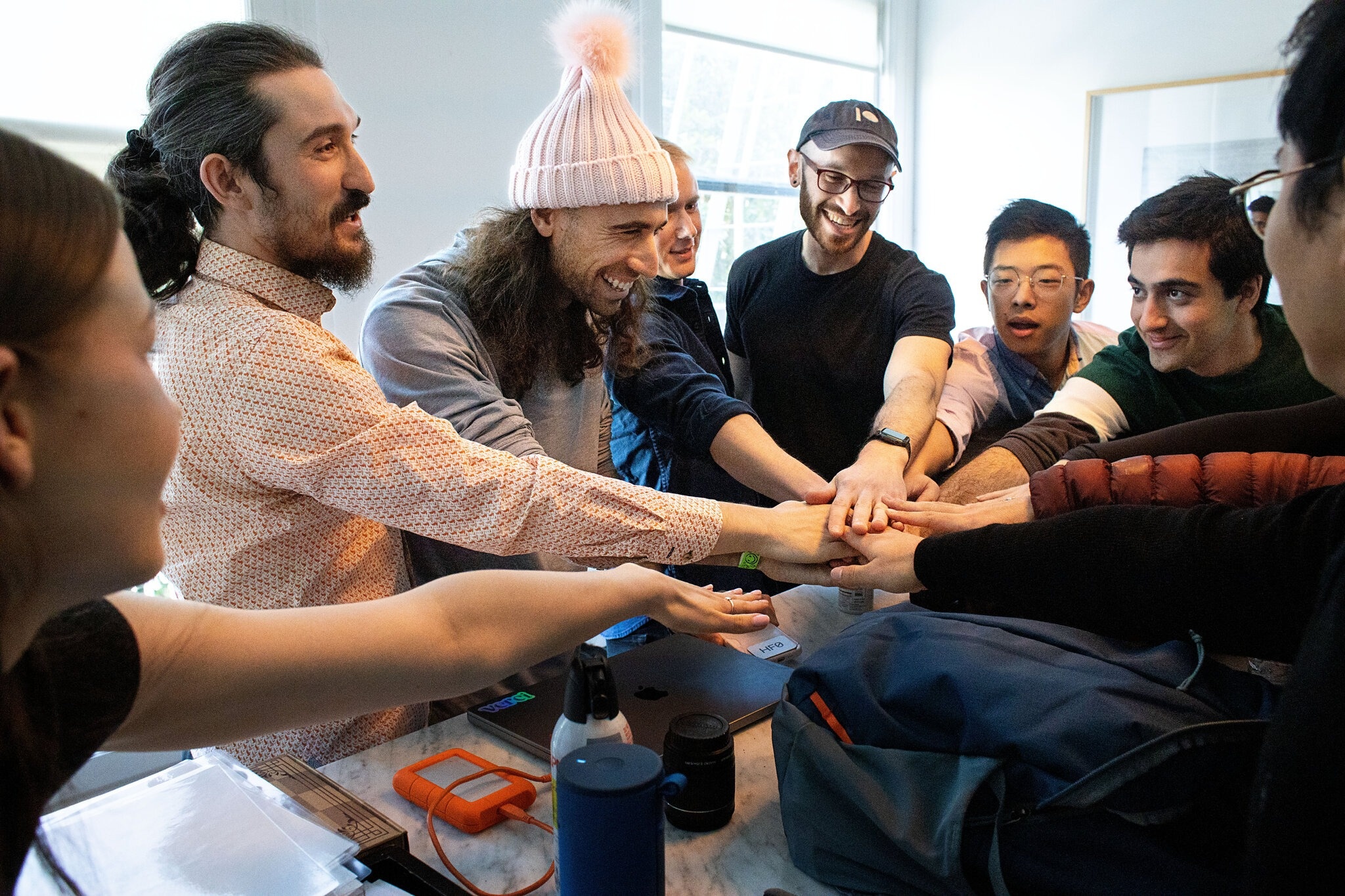 |
Many startups do not want to be left behind in the AI race. Illustration photo: New York Times . |
In November 2022, Musk caused a stir when he asked employees remaining at social network X (formerly Twitter) to commit to pursuing a new "extremely harsh" culture, or else leave the company with unemployment benefits.
Part of the reason for the US’s aggressive work ethic comes from the desire to compete with China in the global AI race, a topic that has gained traction after the startup DeepSeek went viral with AI models that it touted as low-cost and as effective as some of the leading US models.
Adrian Kinnersley, an entrepreneur who runs a staffing and recruitment company, expressed surprise at the increasing adoption of the 996 model by many startups.
“This culture is becoming more prevalent. Many of our clients specify that a pre-interview screening requirement for candidates is that they need to be willing to work a 996 schedule,” Kinnersley said.
Contradictory views
According to Fortune , China is trying to curb the 996 work trend in the country. In 2021, the Supreme People's Court and the Ministry of Human Resources and Social Security of China jointly declared the 996 work culture illegal.
At the time, the move was part of a larger campaign by the Chinese government to reduce social inequality and curb the power of big tech companies.
Although illegal in China, 996 culture has spread to many other countries. In early July, the European technology industry witnessed a fierce debate about work culture.
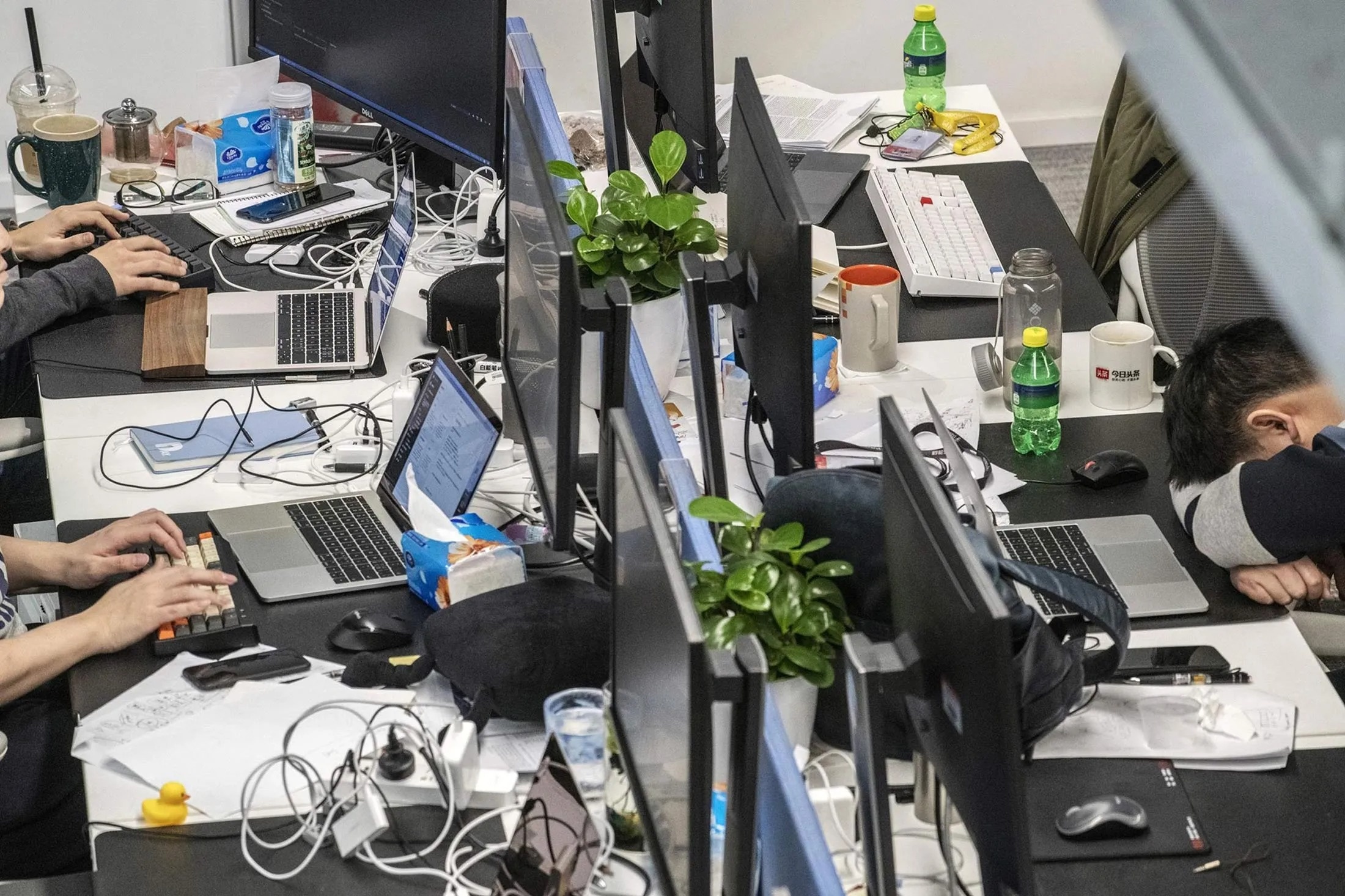 |
The 996 work culture is considered illegal in China. Photo: Bloomberg . |
The controversy comes amid concerns about Europe’s competitiveness in AI, which some venture capitalists say requires more work and time to become more competitive.
Sharing on LinkedIn in June, Harry Stebbings, founder of the 20VC fund, said that Silicon Valley has “increased the work intensity”, and that startups in Europe should take note of this.
“Seven days a week is the intensity needed to win right now. There is no room for error. You are not competing against some company in Germany or some other country, but the best companies in the world,” Stebbings warns.
Meanwhile, some founders have criticized the 996 work culture, arguing that the trend can lead to employee burnout.
“Burnout is one of the top three reasons startups fail in the early stages. It’s a really bad idea to do it,” Ivee Miller, partner at Balderton Capital, shared on LinkedIn .
Source: https://znews.vn/nhan-vien-thung-lung-silicon-bi-bao-mon-post1574029.html



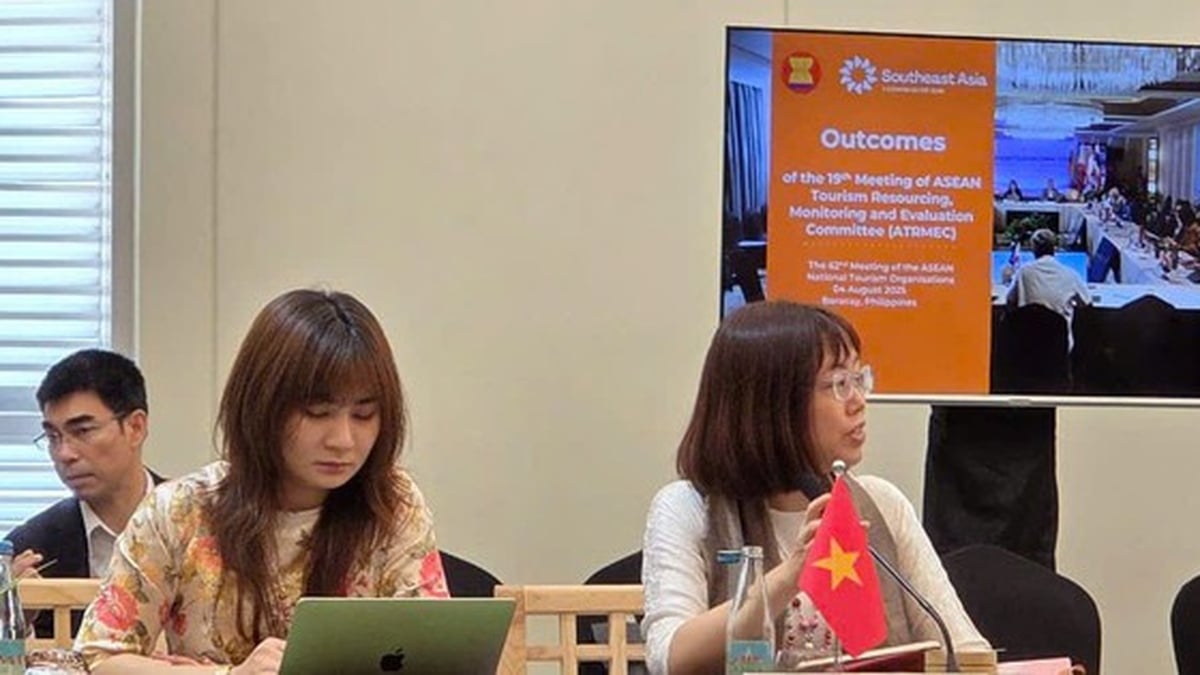

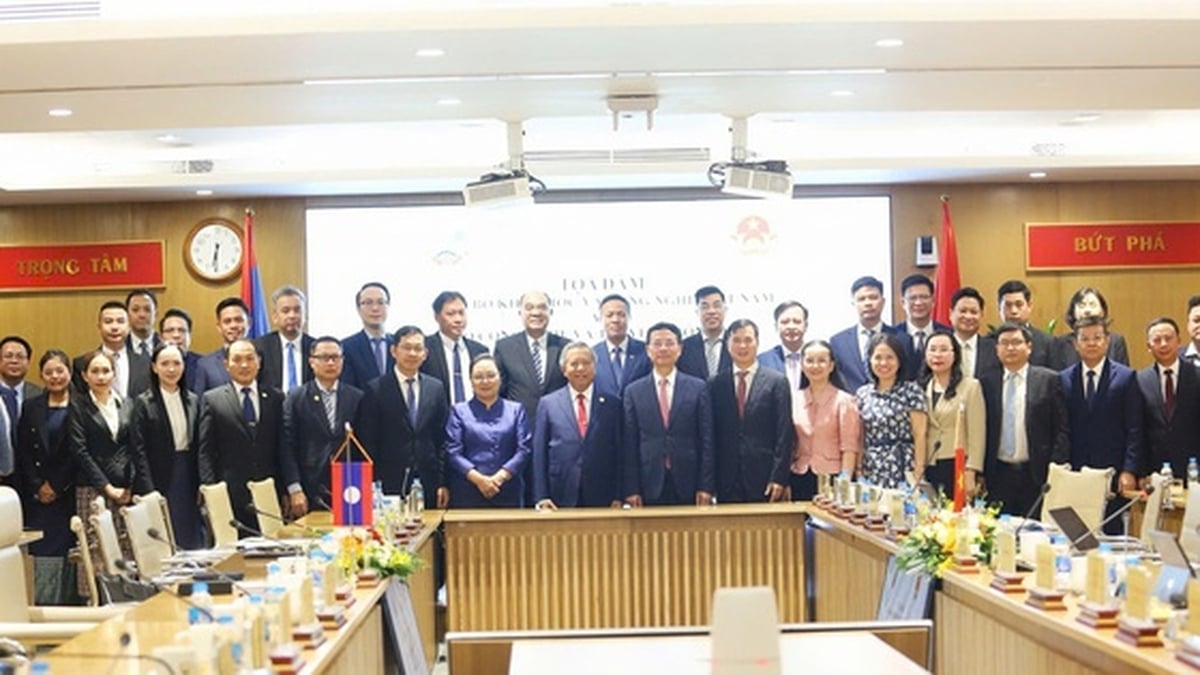

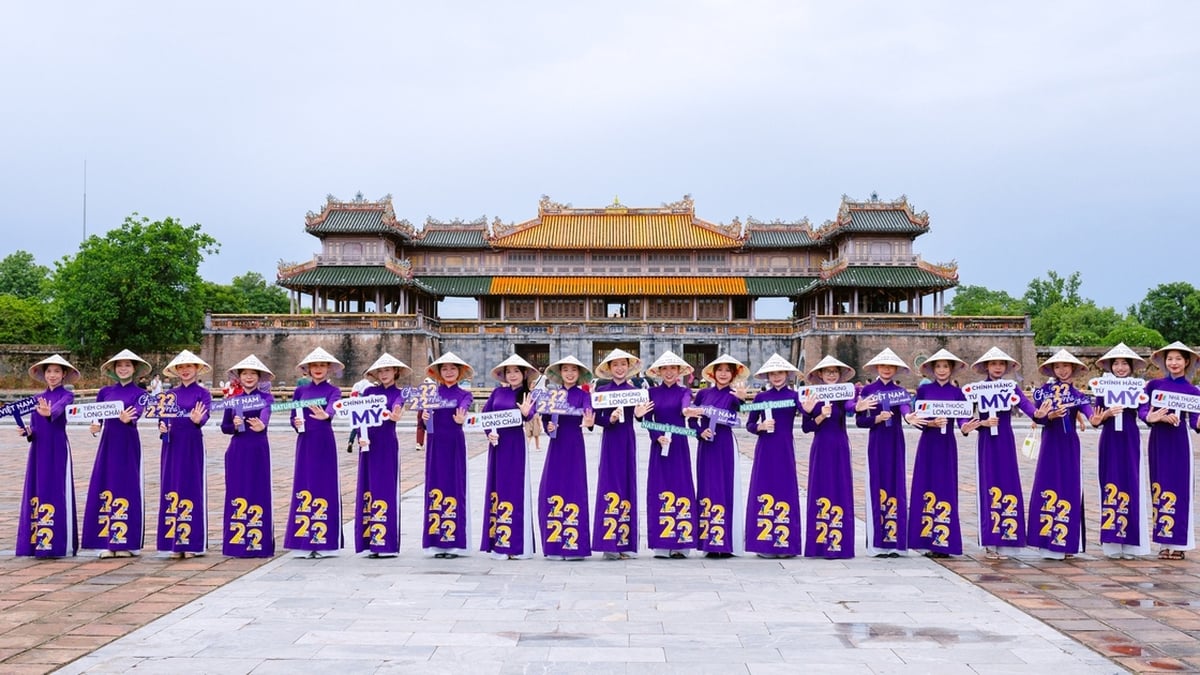
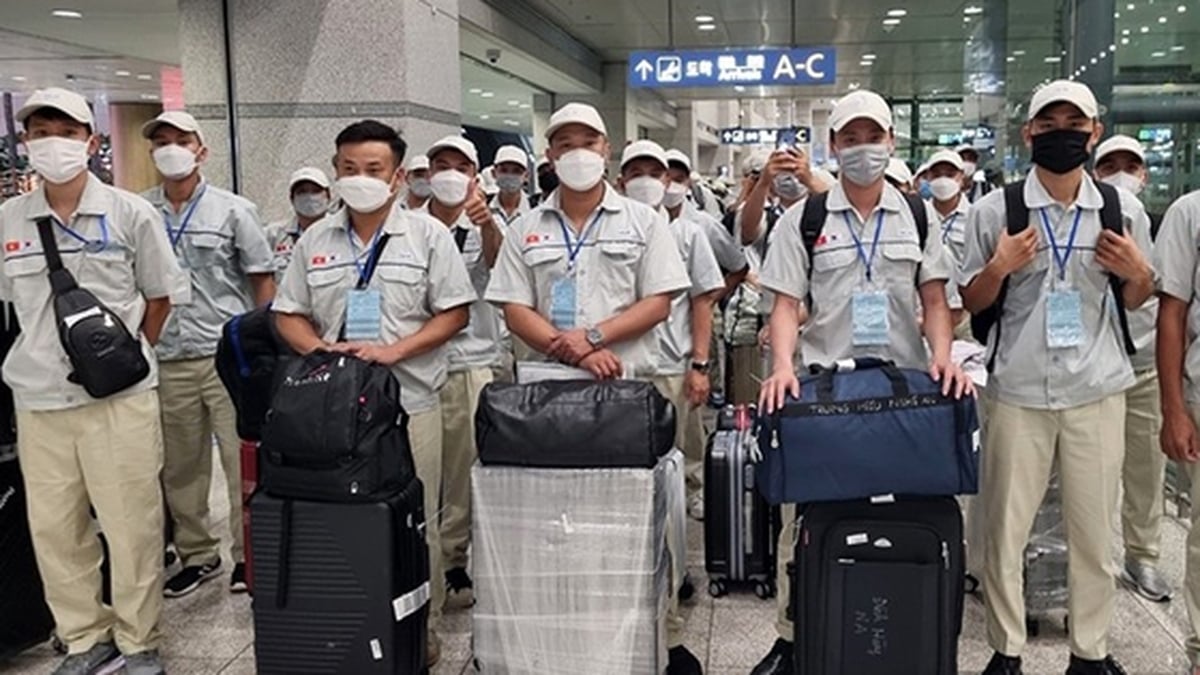

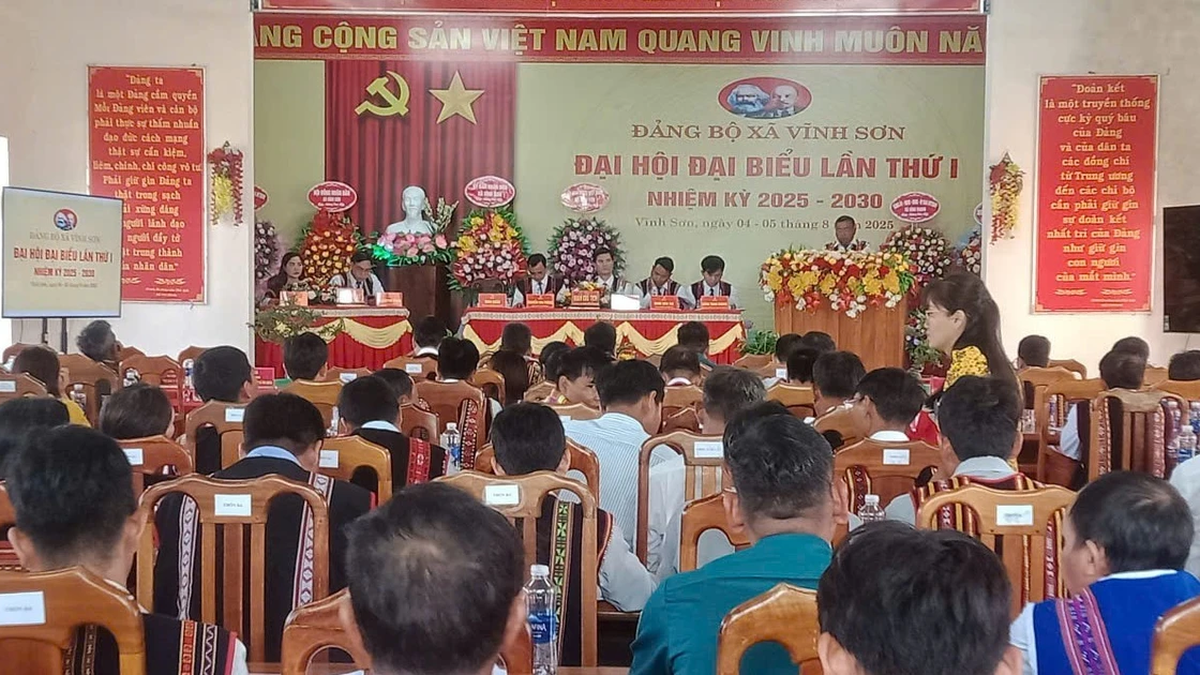



















































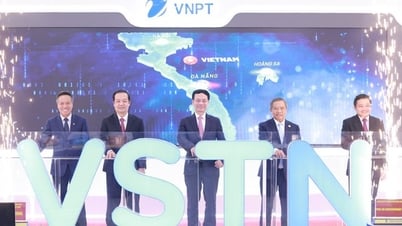







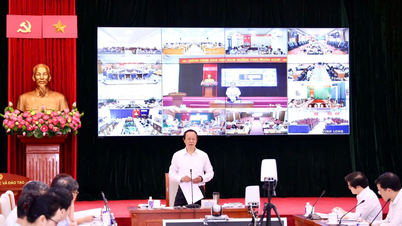

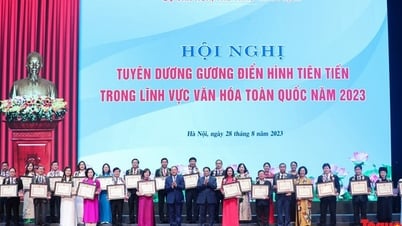
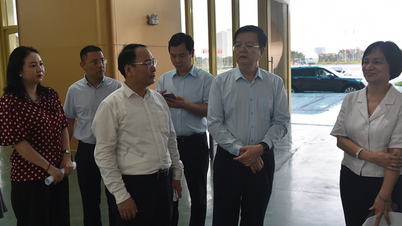




















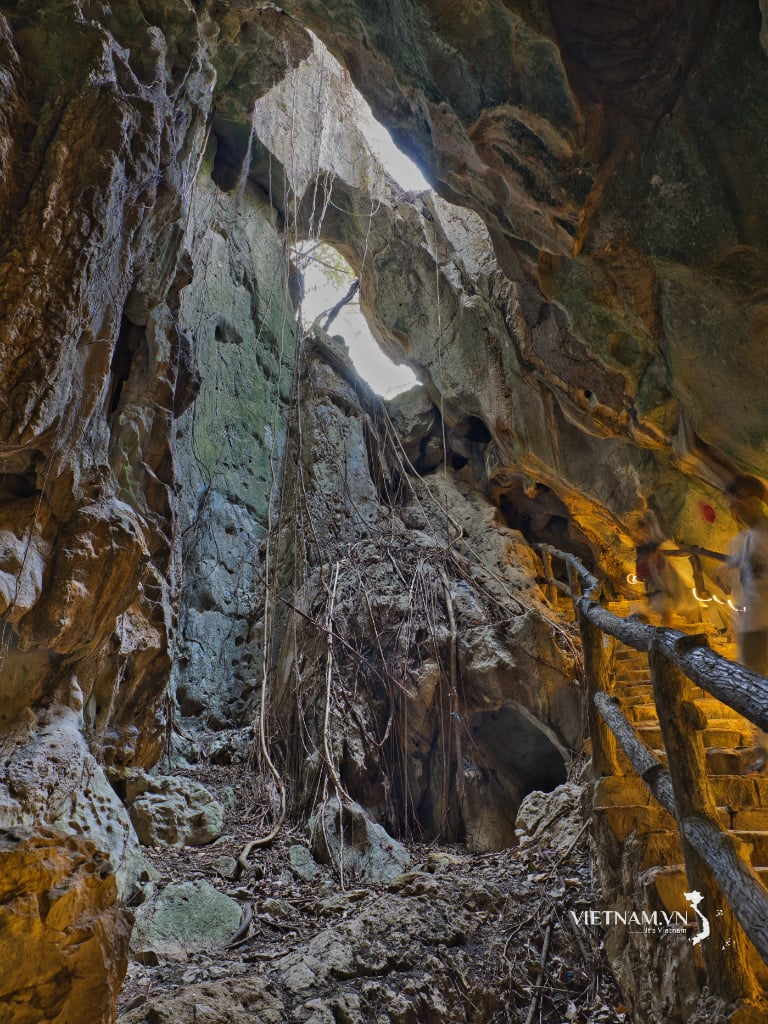
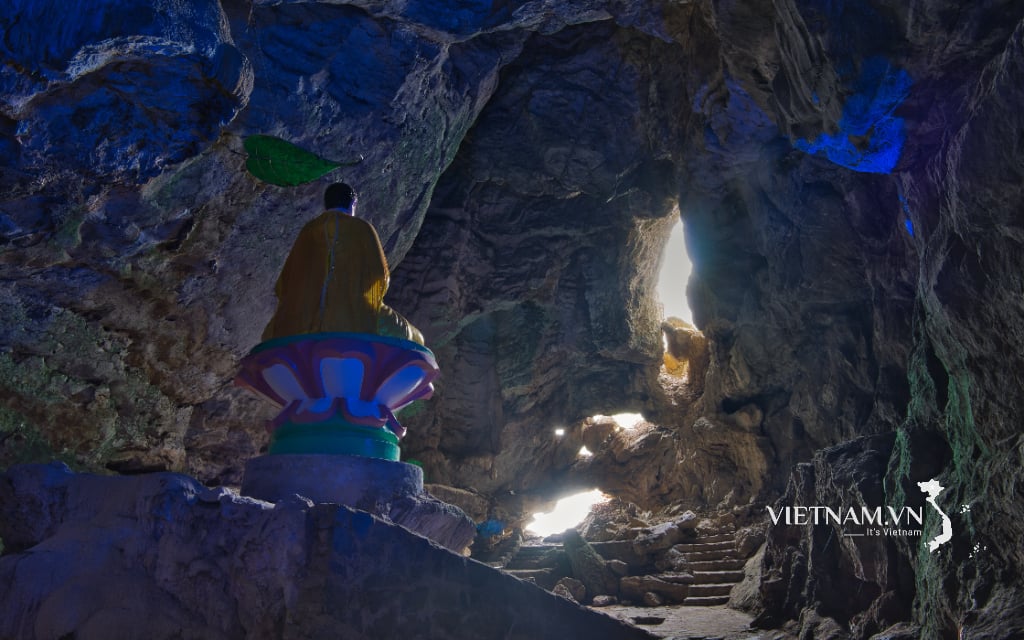


Comment (0)